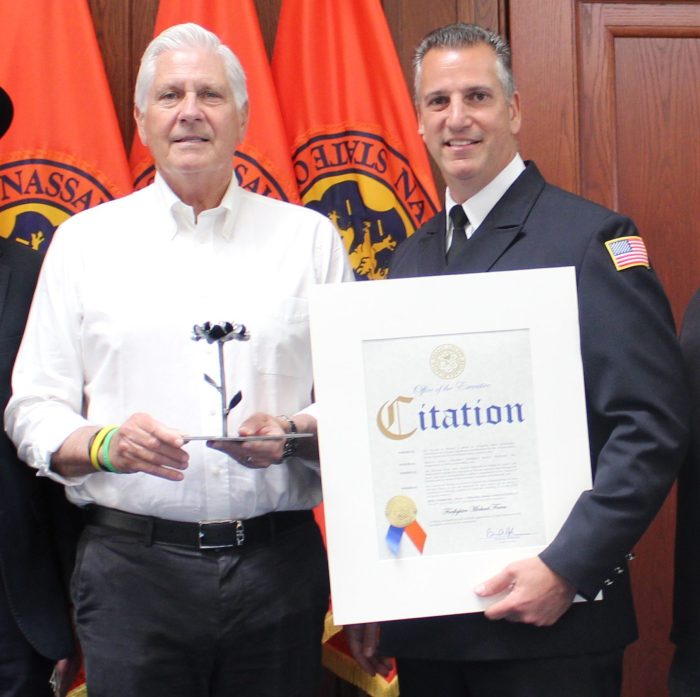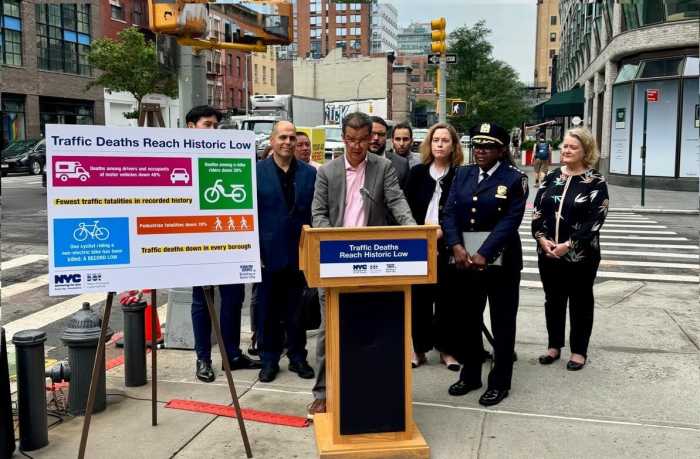The Legalization of Marijuana
Ulysses S. Grant was a great general, a better president than given credit for, a peerless wartime memoirist and became famously apothegmatical when he said, “The best way to get rid of a bad law is by its strict enforcement.” Despite these great achievements, it is this wonderful little maxim I want to focus on. It’s centered on the notion that passions are often pacified by common sense when we have to live under the laws we so blithely pass. The most famous or infamous of these laws was the Volstead Act of 1919, more commonly known as Prohibition. After decades of Carrie Nation crusading with her axe-wielding saloon wreckers to make their point about the evils of drink, America embarked on its great social experiment by passing the 18th Amendment, which prohibited the manufacture, sale, or transportation of intoxicating liquors. In the entire history of Constitutional law, it would be the only amendment to actually restrict liberty.
Only Rhode Island failed to ratify the amendment. It did so not on the grounds that it was unwise and would prove to be a failed social experiment, but because it was unconstitutional. History would soon show that the proposed cure to the so-called alcoholic-Republic would prove worse than the affliction of an imbibing society. Prohibition did not spell the end of alcoholic consumption; but it would indeed increase it in a miasma of lawlessness that would richly empower underground bosses like Al Capone. The 18th Amendment was a Constitutional debacle almost without precedent and, a mere 14 years later, it precipitated the 23rd Amendment, the only amendment to repeal a previous amendment. Grant’s aphorism was as spectacularly triumphant as his victories over the Confederacy.
Nearly 80 years after Prohibition, one grapples with the parallels of marijuana where there has never been a Constitutional amendment; although it is a violation against Federal law to grow, sell or possess marijuana. There is a movement abreast to legalize marijuana for medical uses. Some 14 states, along with the District of Columbia, have legalized medical marijuana over the last decade and a half. Opponents see such terminology as a set of polished and benign euphemisms that serve, not inconspicuously, as a carapace over a treacherous Machiavellian plot to legalize the wicked weed in general. Moreover, while smoking marijuana has objectively reduced the suffering of patients afflicted by debilitating medical conditions such as cancer, AIDS, multiple sclerosis and excruciating pain from a variety of maladies, there is the smell of fraud, as many believe that the people in these states are, in ever greater numbers, complaining of pseudo infirmities to legally gain access to their treasured cannabis.
I have no doubt that the opponents of legalization are right on both counts, but this is no argument for not legalizing it. The U.S Drug Enforcement Agency is opposed to legalization because they believe the use of it will skyrocket. It was years earlier that I got into debate with the then Nassau County District Attorney, Dennis Dillon, at the local Republican Club (of all places) about legalizing marijuana use. He was emphatically against it; I was guardedly for it. This may seem an atypical position for someone like me who is opposed to legalized prostitution, same-sex marriage and state-sponsored gambling. The medical uses of marijuana were, in the awful argot of slang, a “no-brainer.” It might have even helped suffering politicians. Just think how much easier things would have been for Bill Clinton if he could have told us he didn’t “medicate” instead of saying he didn’t inhale.
But in all seriousness, I’m appalled at the resources dedicated to keep the dirty stuff off the street. Last year, there were 872,000 arrests related to marijuana, 775,000 of them for possessing, not for sale or manufacture. Put aside the revenue government would collect from legalization and then factor in the time and costs for the DEA and FBI in addition to how the war on drugs taxes the resources of local police departments, border security, prosecutors, courts, prisons and prison guards and all in return for a nearly negligible impact on its manufacture and use, it is time we reconsider anew whether these plethora of resources could be best directed in fighting more serious crime including terrorism.
I do not, by any means, advocate the smoking of pot— indeed I discourage it with the same zest that I discourage smoking, insobriety and gluttony. The law, however, does not arrest you for these things and neither should it for smoking a joint. It is true that studies have shown that marijuana is addictive for 10 percent of users, but this is still less than the 15 percent who get addicted to alcohol and the 32 percent addicted to smoking tobacco. Moreover, legalizing marijuana will place it under the aegis of the FDA, dramatically decreasing the risk of contamination. In the short term, legalizing marijuana will most likely increase its use, but whether it will do so in the long run is very much in doubt. There is, after all, something in human nature about our compulsion to taste the forbidden fruit because it is forbidden. That’s how Adam and Eve got the human race into this terrible mess in the first place. The fact is marijuana, if legalized, will undoubtedly be subject to the same supply and demand market forces as other commodities and the velocity of its use will ultimately be governed by the price structure.
Legalization will frighten some parents; but in truth marijuana is so portable and concealable that anyone who wants it can have it. The upside is that legalization will almost certainly reduce crime, including serious crime, because law enforcement will allot these now unused resources that battled drugs to other problems. While studies are still inconclusive and unsettled, from a health standpoint marijuana does not appear to have as many pulmonary risks as smoking cigarettes in that it doesn’t appear to increase the prospect of lung cancer. It can be addictive, as I noted above, but not as potently so as the misuse of alcohol, sex and gambling, which can as easily and irreparably ruin lives. Nor does it trigger the same violent withdrawal reactions as other substances when the body is deprived of its chemicals, to say nothing of sex and gambling. Whether it will increase the risk for users to move on to harder stuff really depends on the individual’s particular predispositions and not the result of some knee-jerk, automatic response.
Marijuana cannot be looked upon with indifference; indeed the proposition to legalize marijuana for medicinal purposes was recently shot down by voters in liberal California. Nevertheless, I’m convinced that its wholesale prohibition is an injudicious attempt to force results where none have ever, or could ever exist. The legalization of marijuana is not a paradigm of enlightened public policy, only a cautiously practical one. The law cannot be proscriptive for every folly of human behavior; for too long we have operated under the shadow of misconception that the laws we must obey are doing more good than harm and that the benefits have outweighed the costs. Forbearance from its use should be encouraged in the event of decriminalization, but subservience to the disproven, desiccated doctrine that we are advancing our cause by criminalizing marijuana is but another bouquet to backwardness. To act upon evidence without doctrinal illusion or disillusion; to see things clearly for what they are and not as we wish it to be is not only the way-station to political maturity but nothing less than a protocol of statesmanship in confronting an often unruly and inflexible world.




























